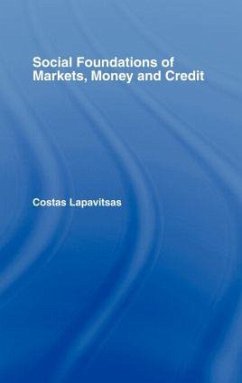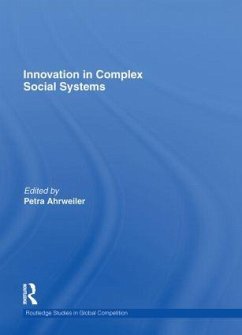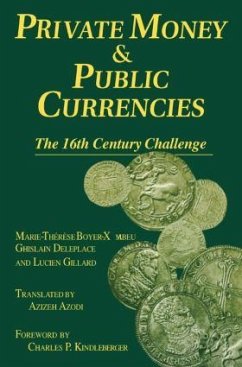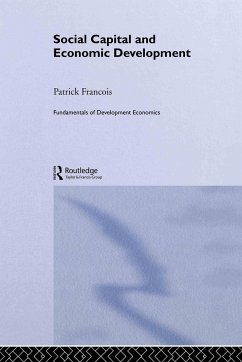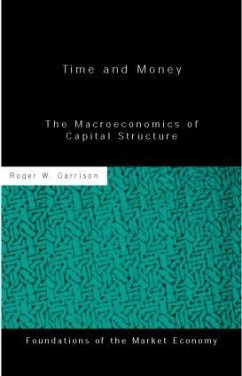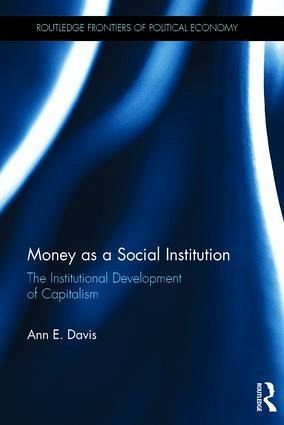
Money as a Social Institution
The Institutional Development of Capitalism
Versandkostenfrei!
Versandfertig in 1-2 Wochen
186,99 €
inkl. MwSt.

PAYBACK Punkte
93 °P sammeln!
This book offers an interpretation of money as a social institution. Money provides the link between the household and the firm, the worker and his product, making that very division seem natural and money as imminently practical. Money as a Social Institution begins in the medieval period, and traces the evolution of money alongside consequent implications for the changing models of the corporation and the state. This is then followed with a double-entry accounting as a tool of long distance merchants and bankers; then the monitoring of the process of production by professional corporate mana...
This book offers an interpretation of money as a social institution. Money provides the link between the household and the firm, the worker and his product, making that very division seem natural and money as imminently practical. Money as a Social Institution begins in the medieval period, and traces the evolution of money alongside consequent implications for the changing models of the corporation and the state. This is then followed with a double-entry accounting as a tool of long distance merchants and bankers; then the monitoring of the process of production by professional corporate managers.





